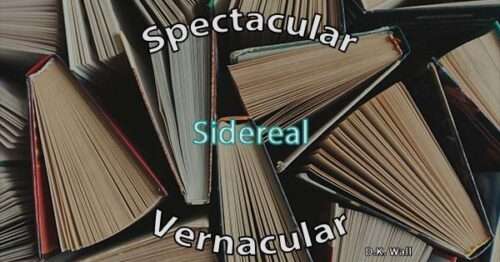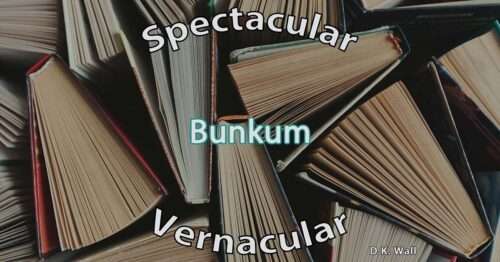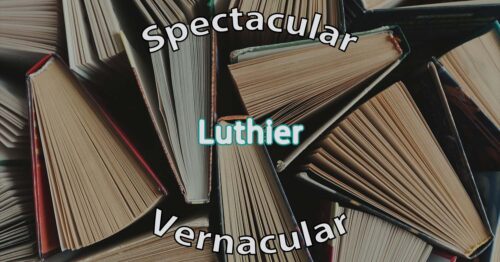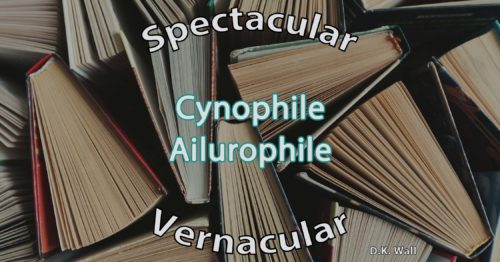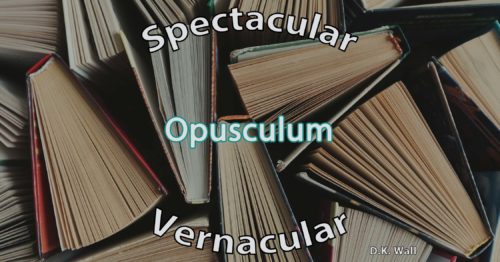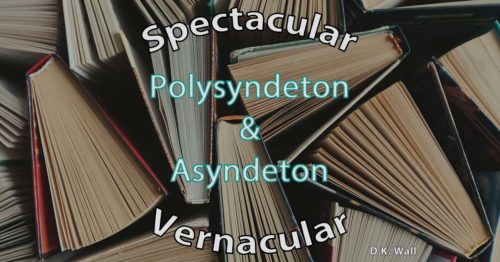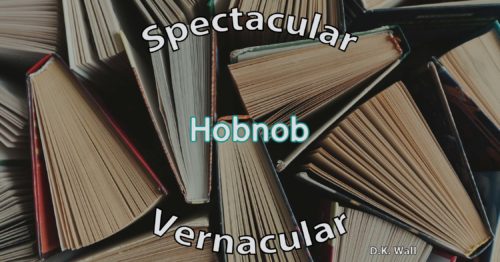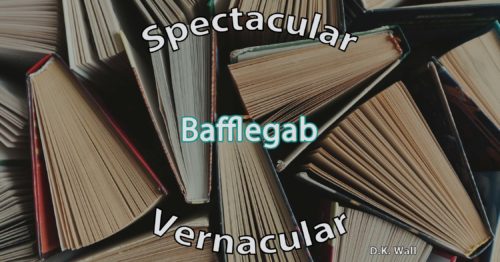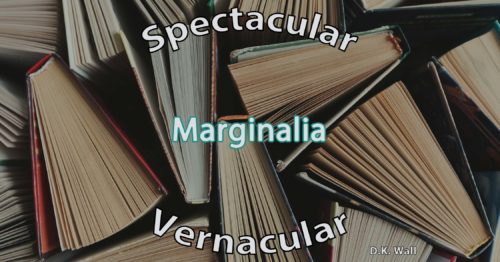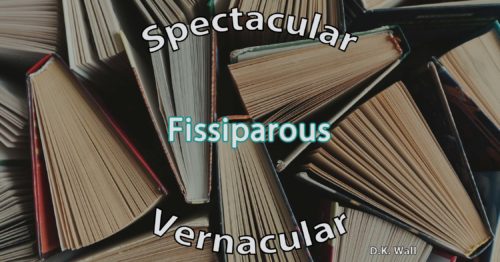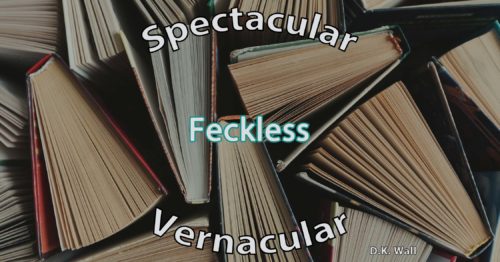Spectacular Vernacular
Words amuse me. Many trace their origins back to the earliest languages in clear lineages. Others have evolved in fits and starts as people have twisted their meanings. Still others have been created in amusing ways.
My goal is to take what could be the dry topic of etymology and make it fun and entertaining with short vignettes on some spectacular vernacular.
Sidereal
Sidereal, a heavenly word that is perfect for a Leap Day. Bonus—it has math, science, and astronomy implications.
Read the Spectacular VernacularBunkum
Today’s spectacular vernacular contains no foolishness or claptrap. It’s all about bunkum with a local historical connection.
Read the Spectacular VernacularLuthier
When the job title luthier jumped out at me, I traveled down an etymology rabbit hole to learn more about this ancient word.
Read the Spectacular VernacularCynophile or Ailurophile?
An essay penned by a cynophobic writer about cynophiles brought me to the interesting word ailurophile, so this post is going to the cats and dogs.
Read the Spectacular VernacularOpusculum
Credit for this Spectacular Vernacular goes to the great Ian Fleming who described his literary contributions as opuscula.
Read the Spectacular VernacularPolysyndeton and Asyndeton
Polysyndeton and Asyndeton—Two words for the price of one this week. Isn’t that exciting and fun and interesting and educational?
Read the Spectacular VernacularHobnob
My use of hobnob in a conversation earlier this week left me wondering where the word comes from, so let me share what I found.
Read the Spectacular VernacularBafflegab
A horrid task, the annual income tax filing, looms over me as I struggle to comprehend governmental explanations filled with bafflegab.
Read the Spectacular VernacularMarginalia
Remember back in your school days when you opened a text book to discover the previous owner scribbled some marginalia?
Read the Spectacular VernacularFissiparous
Ever wonder what the reproductive process of worms has in common with complex political alliances? Fissiparous is the answer.
Read the Spectacular VernacularDecide
Why would I decide on such a simple word for this week’s Spectacular Vernacular? It’s the etymology that caught my attention.
Read the Spectacular VernacularFeckless
Watching Asheville city leaders explain how 40,000 citizens can go without water for days raised my curiosity on the word feckless.
Read the Spectacular Vernacular
